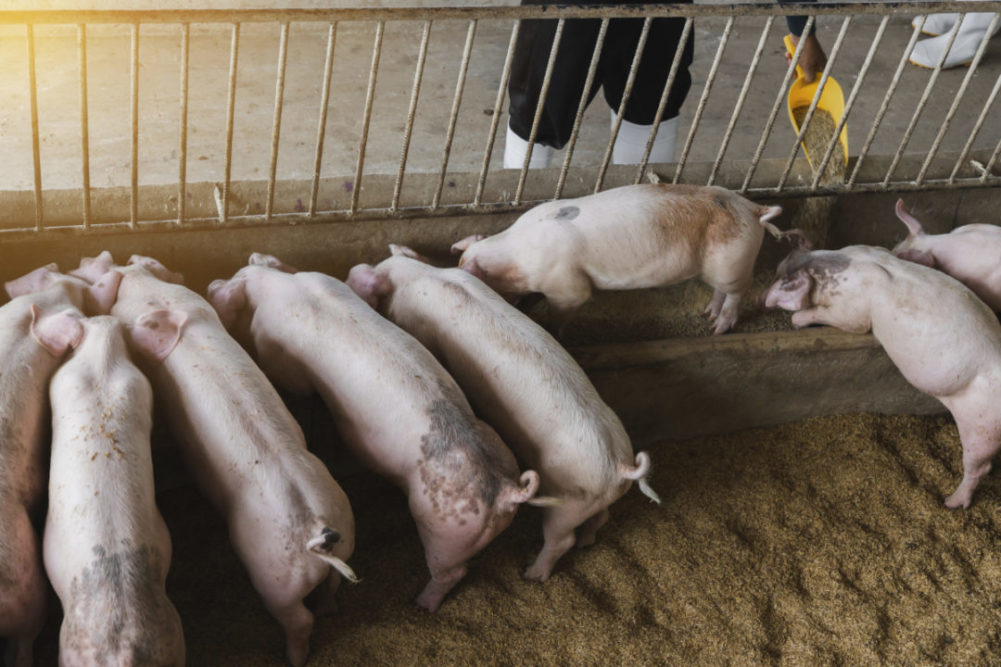WASHINGTON – An existing cooperative surveillance program confirmed the presence of African swine fever (ASF) in the Dominican Republic, the Animal and Plant Health Inspection Service (APHIS) of the US Department of Agriculture said.
There are numerous safeguards in place to protect the US pork industry, according to APHIS. Pork and pork products from the Dominican Republic are currently prohibited entry to the United States because of existing classical swine fever restrictions. Additionally, Customs and Border Protection (CBP) of the Department of Homeland Security is increasing inspections of flights from the Dominican Republic to ensure travelers do not bring prohibited products to the United States. The agency also will be ensuring that garbage from these airplanes is properly disposed of to prevent ASF transmission.
“USDA is committed to assisting the Dominican Republic in dealing with ASF, is offering continued testing support, and will consult with them on additional steps or actions to support response and mitigation measures,” USDA-APHIS said. “We will also offer similar help to Haiti, which borders the Dominican Republic and is at high risk for ASF detections.”
The National Pork Producers Council (NPPC) encouraged US pork producers to:
- Use caution when hosting on-farm visitors from an ASF-positive region of the world; follow downtime recommendations from USDA’s Plum Island Foreign Animal Disease Diagnostic Laboratory.
- Review your biosecurity protocols to ensure consistent practice of appropriate safeguards.
- Fill out the Foreign Animal Disease Preparation Checklist and enroll in the Secure Pork Supply program.
- Visit with your feed suppliers to discuss the origin of the feed ingredients they are using in your diets.
“The United States has significantly bolstered biosecurity to protect the US swine herd since ASF broke in China nearly three years ago and began spreading to other parts of the world,” said Liz Wagstrom, chief veterinarian with the NPPC. “We are thankful for steps taken by the USDA and US Customs and Border Protection, including strengthened border inspection and the implementation of an active surveillance program designed to quickly detect and eradicate ASF. These measures are particularly important now that ASF has been detected in the Western hemisphere for the first time in approximately 40 years.”
ASF is present in Africa, Europe and Asia, and the World Organization for Animal Health (OIE) noted a significant increase in the number of identified outbreaks since 2016.
“Europe accounted for 67% of the outbreaks reported through immediate notifications and follow-up reports,” the OIE said in its “Global Situation of ASF” report. “However, the highest impact in terms of animal losses was reported in Asia (6,733,791 animals lost, which is 82 % of the total global reported losses). Important differences are observed at the regional level — African countries reported outbreaks only in swine, Asia mainly in swine, while Europe mainly in wild boar.”


